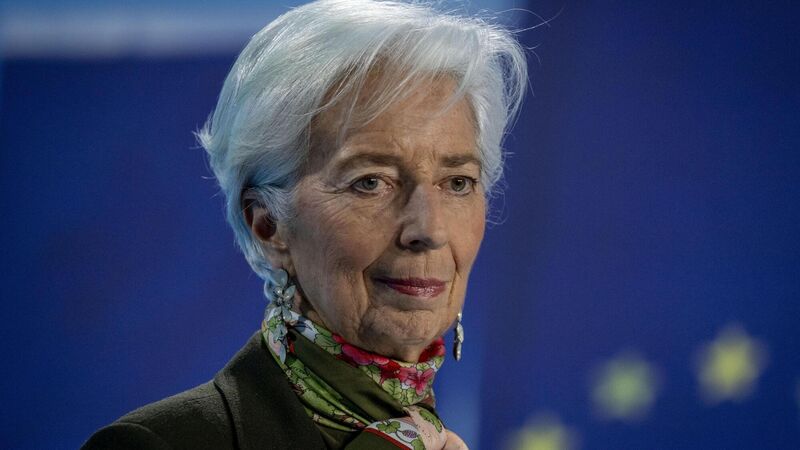Eurozone economic growth slows ahead of ECB meeting

European Central Bank president Christine Lagarde and its governing council are due to meet next week to decide on whether to cut interest rates further.
Economic growth across the eurozone slowed between April and June, falling lower than initial estimates, providing the latest piece of bad economic news for the European Central Bank (ECB) ahead of its meeting next week.
Gross domestic product across the bloc rose 0.2% from the previous quarter — less than the 0.3% initially reported by the bloc’s statistics agency. While trade and government spending supported growth, investment continued to be a drag, Eurostat said.














